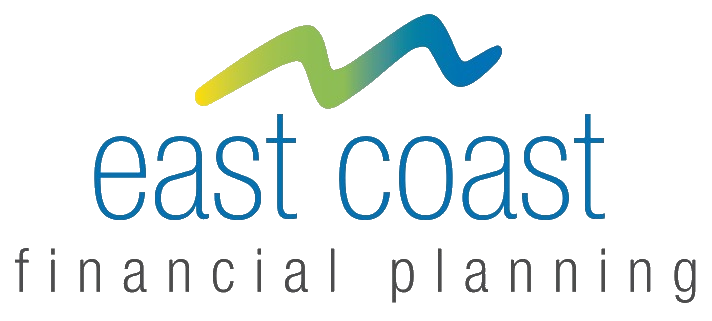Steps to refinancing your home loan
Refinancing your home loan is a big decision and it can be a complex process. Perhaps you need a different product to suit your needs? Or maybe you’d like to switch your home loan to another bank? No matter why you’re refinancing, here are the key steps involved in refinancing your home loan.

1. Assess your current situation
Are you unhappy with the loan you have? Perhaps you’re looking at changing which bank holds your home loan. Whatever the reason, it’s important to think about what features and benefits you need and what matters most to you about your loan.
2. Compare home loans
Once you have an idea of why you want to refinance, you’ll need to decide on the product that will suit you best. As a first step you should compare home loans.
3. Work out the costs and your borrowing power
Some changes to loans will involve fees. This could include break costs, exit fees and application fees, and may be charged by the bank. You may also want to see whether your borrowing power has changed since your last application.
4. Apply for a home loan
Once you’ve found the right home loan for you, it’s time to apply. Lenders will normally assess your income and mortgage repayment history and look at any other loans or financial commitments you may have. They may also carry out a property valuation to determine how much your home is worth.
If your application is approved you’ll receive a letter of offer and a contract for your new loan.
5. Settling your new home loan
Once you’ve signed your loan contract, settlement will occur and your new home loan will be used to pay off your old home loan.
When should you refinance your home loan?
If you’ve had your current home loan for a while, it could be a good time to review whether it’s still helping you achieve your financial goals and has all the benefits you need.
Should you decide to compare home loans and you find another loan that better suits you and your family, now might be the right time to refinance.
Things to consider when refinancing your home loan
When considering whether to refinance your home loan, it’s important to be aware that there may be upfront or ongoing costs, such as exit and settlement fees associated with switching from one home loan to another.
How often can you refinance your mortgage?
While there are no restrictions on how many times you can refinance your home loan, you should consider things such as:
- costs of refinancing
- your current financial situation (and any recent changes to it)
- any future plans.
It’s important to ensure that the many factors to consider don’t outweigh any benefits that you expect to gain by refinancing. Feel free to reach out to us for more help.
Source: NAB
Reproduced with permission of National Australia Bank (‘NAB’). This article was originally published at https://business.nab.com.au/ <insert direct link>
National Australia Bank Limited. ABN 12 004 044 937 AFSL and Australian Credit Licence 230686. The information contained in this article is intended to be of a general nature only. Any advice contained in this article has been prepared without taking into account your objectives, financial situation or needs. Before acting on any advice on this website, NAB recommends that you consider whether it is appropriate for your circumstances.
© 2024 National Australia Bank Limited (“NAB”). All rights reserved.
Important:
Any information provided by the author detailed above is separate and external to our business and our Licensee. Neither our business nor our Licensee takes any responsibility for any action or any service provided by the author. Any links have been provided with permission for information purposes only and will take you to external websites, which are not connected to our company in any way. Note: Our company does not endorse and is not responsible for the accuracy of the contents/information contained within the linked site(s) accessible from this page.




